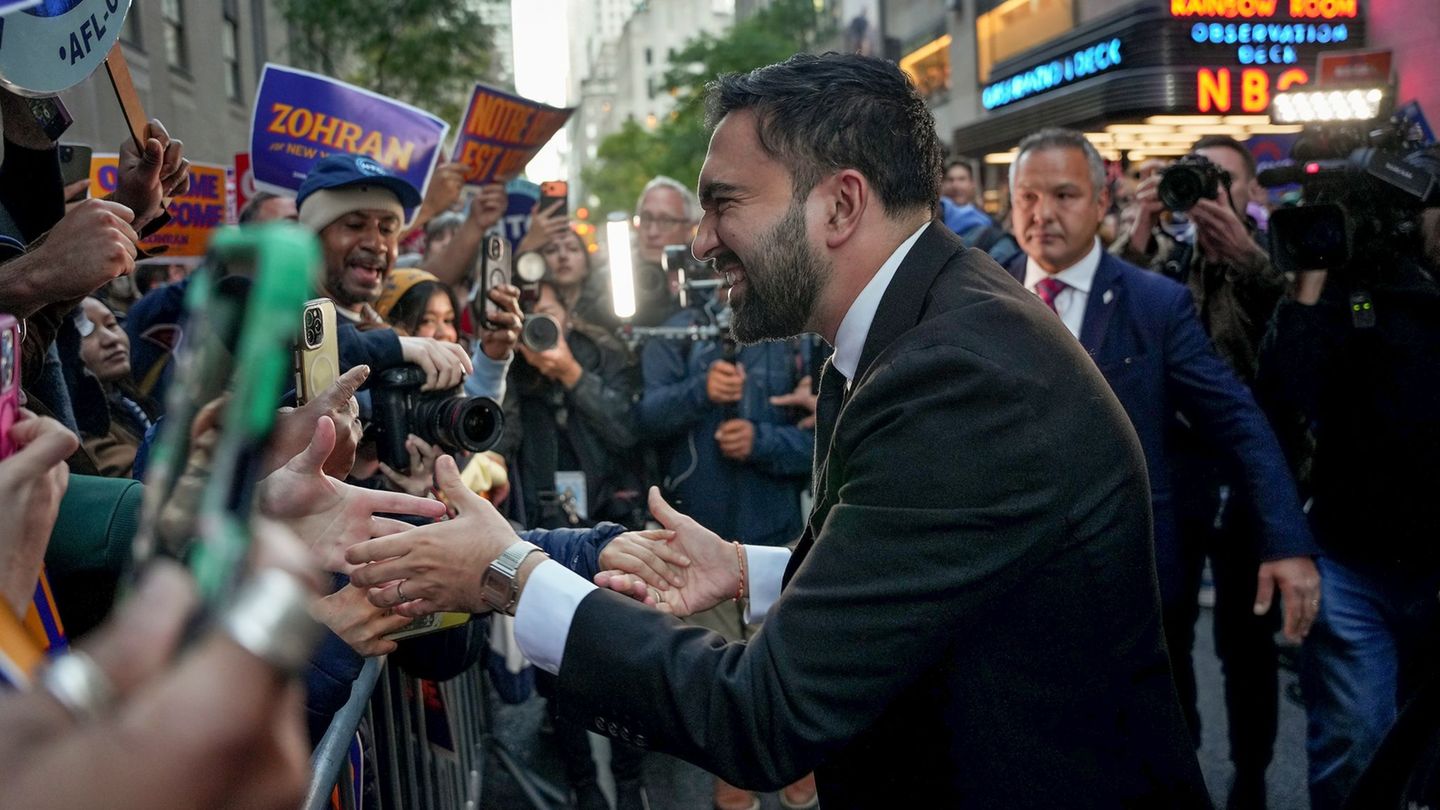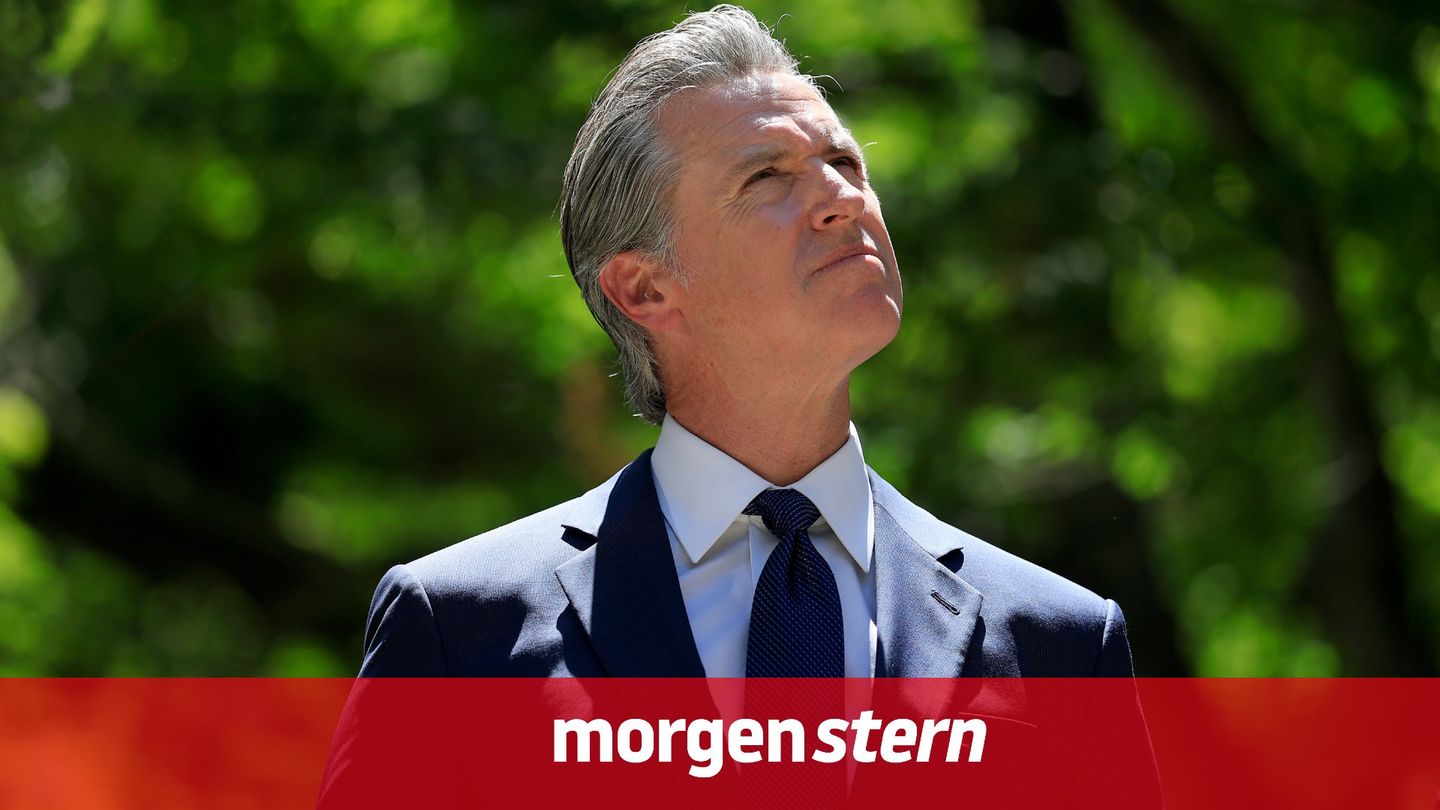I have been working in the news industry for over 6 years, first as a reporter and now as an editor. I have covered politics extensively, and my work has appeared in major newspapers and online news outlets around the world. In addition to my writing, I also contribute regularly to 24 Hours World.
Menu
Birthday: Far away and still here: Horst Seehofer turns 75
Categories
Most Read
The awakening of the US Democrats. The situation in the morning
October 27, 2025
No Comments
USA: Fighter jet and helicopter crashed in South China Sea
October 27, 2025
No Comments
Elections: Milei’s surprise success in congressional elections in Argentina
October 27, 2025
No Comments
Argentina: Milei celebrates surprising success in midterm elections
October 27, 2025
No Comments
Latest Posts

Portrait: Left-wing favorite for New York City Hall: This is Zohran Mamdani
October 27, 2025
No Comments
IvanI have been working in the news industry for over 6 years, first as a reporter and now as an editor. I have covered politics

NFL professional scores three touchdowns – and makes history
October 27, 2025
No Comments
PierceI am Pierce Boyd, a driven and ambitious professional working in the news industry. I have been writing for 24 Hours Worlds for over five

The awakening of the US Democrats. The situation in the morning
October 27, 2025
No Comments
morning star The awakening of the US Democrats Listen to article Copy the current link Add to watchlist Two political celebrities are considering running for
24 Hours Worlds is a comprehensive source of instant world current affairs, offering up-to-the-minute coverage of breaking news and events from around the globe. With a team of experienced journalists and experts on hand 24/7.

